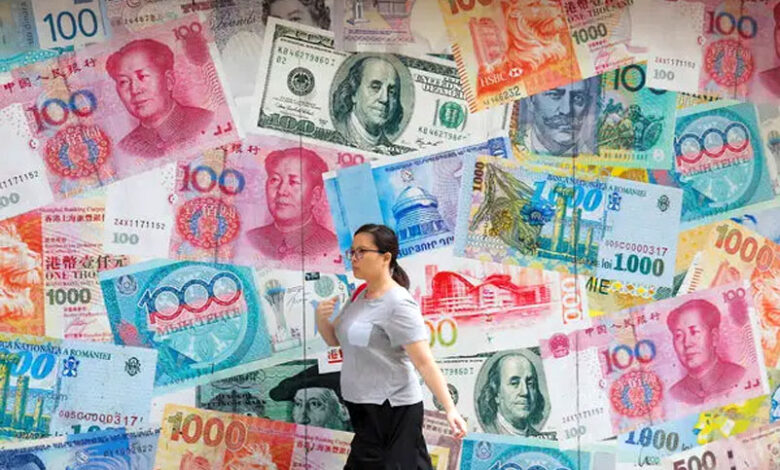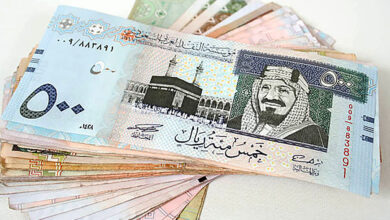Asia FX China COVID Fears Shaking Dollar; Which Holds

Most Asian currencies went down on Monday because the dollar stopped falling after losing ground recently. Worries about China’s commitment to the “zero-COVID” policy and more bad economic news from the country also made people less optimistic about the region.
China’s yuan did the worst among its peers, falling 0.4% to 7.2131 per dollar, while the offshore yuan fell 0.6% to 7.2176 per dollar. Chinese health officials said again that the country would keep strict COVID-related movement restrictions in place. This put an end to recent rumours that the policy might be changed or removed.
This year, COVID lockdowns were a big part of the reason why China’s economic growth slowed down a lot. This is likely to keep happening over the next few months, as the country is facing its worst outbreak since May.
China’s huge trade surplus grew less than expected in October, and both exports and imports fell during the same month. The reading is bad news for Asian markets, since China is a big trading partner for most of the area.
Given how much Australia depends on China as a market for its goods, the Australian dollar fell by 0.6%. The Indian rupee lost 0.3%, and the Japanese yen lost 0.4%.
Asian currencies were also hurt by the dollar’s strength, which grew after it dropped sharply on Friday. The dollar index went up 0.2%, while futures on the dollar index went up 0.1%.
On Friday, Asian currencies went up because some Federal Reserve officials said they backed a smaller interest rate hike in December to protect the economy from more damage.
But since the central bank also said that interest rates will peak at higher levels than expected, the outlook for Asian currencies is likely to stay low in the coming months. This week, everyone will be paying attention to the U.S. CPI inflation data for October, which is expected to show that price pressures stayed high throughout the month.
In Southeast Asia, the Thai baht dropped 0.3% after data showed that CPI inflation in October went up less than expected. Even though the reading is good news for the Thai economy, it makes the central bank less likely to raise interest rates, which is bad for the baht.
The Indonesian rupiah went up by 0.3% after data showed that the economy grew slightly more than expected in the third quarter. This is a sign that Southeast Asia’s largest economy is getting some economic help.





